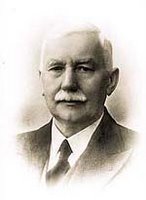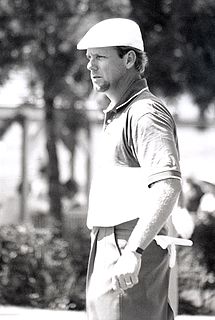A Quote by Alejandro Jodorowsky
Related Quotes
We have no proper understanding of the relationship between conscious thought and conscious sensation. The various forms of thought and sensation are underpinned by very different neural mechanisms; so how can the neural correlate of their conscious natures be the same? I don't think we are yet in a position to make such speculations. To make progress, we have to have a good conception of the phenomenology of consciousness, among other things.
It is instructive to see how organizations pursue their goal of reducing errors and uncertainty. They impose standards, employ checklists, demand that knowledge workers list assumptions for their conclusions and document all sources. These actions either directly interfere with forming insights or create an environment where insights and discoveries are treated with suspicion because they might lead to errors. They signal to knowledge workers that their job is not to make mistakes. Even if they don't make discoveries, no one can blame them as long as they don't make mistakes.
People could achieve much more if only they would put in more effort. You must take responsibility for your own life. Be conscious of how you use your time! Be conscious of how you listen! Be conscious of how you manage all of your affairs, so that God can look upon you and be well pleased. Seek God's honor in everything you do.
Human beings should only use technology which if the worst case happens, it leads to an acceptable damage. Definitely nuclear energy is not in that category. I want an industrial world where people are allowed to make errors. Because human creativity has to do with being allowed to make errors. We want an error-friendly environment.
Here's a memonic device that I feel teaches how we can properly cope with failure. Forget about your failures; don't dwell on past mistakes Anticipate failure; realize that we all make mistakes. Intensity in everything you do; never be a failure for lack of effort. Learn from your mistakes; don't repeat previous errors. Understand why you failed; diagnose your mistakes so as to not repeat them. Respond, don't react to errors; responding corrects mistakes while reacting magnifies them. Elevate your self-concept. It's OK to fail, everyone does; now how are you going to deal with the failure
Meditation means how to be not a mind. How to be not a mind! Meditation means how to create the state of no-mindedness. It doesn't mean unconsciousness. It means conscious and still, without any disturbance in the consciousness; conscious with no ripples, with no waves, with no vibrations; conscious as a deep, calm, silent pool with no ripples on it, with no disturbances on the surface; just a calm silent pool with no breeze to disturb, just mirrorlike.







































